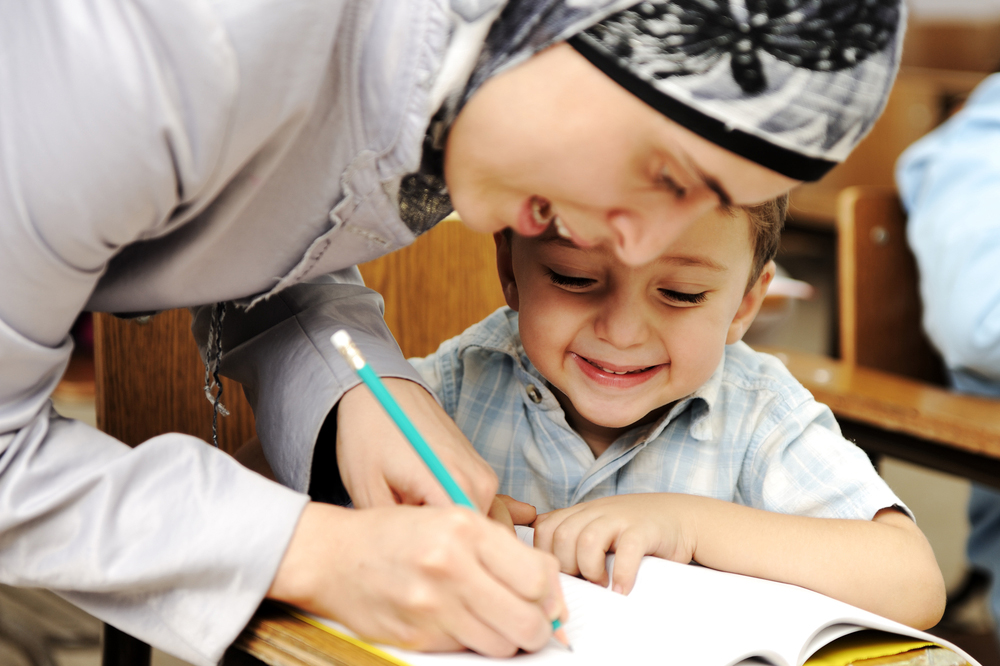
Another major step for the women of Saudi Arabia takes place, as female teachers will now be teaching young male students across 1460 state schools across the kingdom for the first time. Speaking to Arab News, assistant director general of education in Jeddah, Suaad Al Mansour stated, “With this project, the Ministry of Education aims to improve the efficiency of the educational system and ensure that every child has access to quality education around the Kingdom.”
The Eary Childhood Schools Project includes kindergarten stages for both boys and girls between the ages of 4 and 5, and first 3 grades for children between 6-8 years old, though the classes will be split into genders for the primary grades, Al Mansour explained.
Saudi’s Ministry of Education looks to improve the quality of education across the kingdom as well as utilizing the space within schools and enlarging classes. According to the government organization women will teach 13.5% of young male students and by doing so will save USD $533 million of the kingdom’s education budget, from using the space in schools, alone. The ministry will also increase the enrollment of children in public schools by 21%. Already acting on their vision for education, 3,313 kindergarten classes were set up over the summer vacation for 83,000 children.

Suaad Al Mansour also explained that in early childhood, female teachers would be best to provide a more approachable presence and are “less intimidating” for young boys under the age of 8, “This project will bridge the gap young boys used to face after moving from kindergarten to primary school. The classes at early childhood schools are specially designed to fit their needs at this age, and being taught by women will give them a more fruitful learning experience,” she said.
Private schools, in the past, had already appointed female teachers for primary education but this will be a first for public state-owned schools. Principal Rajhah Al-Jihani told Arab News about the reaction of locals to the Early Childhood Project, “In our school, we have a total of 6 classes for young boys, two classes for each grade. The ministry has given us 200 seats, and 180 seats are already occupied. It expresses the community’s welcoming of the project.”

















